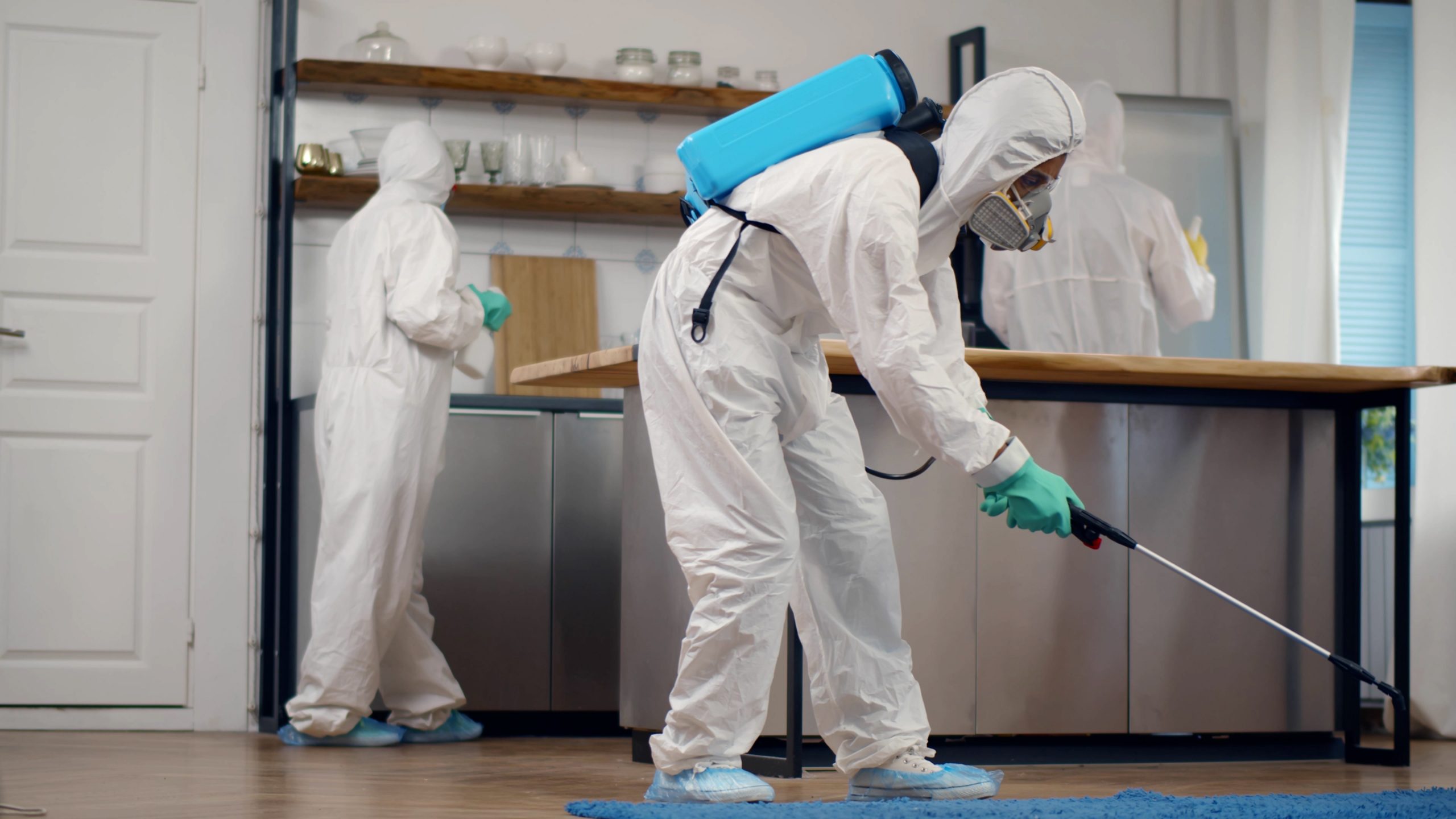Comprehensive Pest Control Services: Maintain Your Home Pest-Free!
Comprehensive Pest Control Services: Maintain Your Home Pest-Free!
Blog Article
Specialist Insect Control Techniques for Long-Term Results
In the world of insect control, achieving continual effectiveness and long-term outcomes calls for a precise approach that goes beyond mere elimination. Expert pest control strategies envelop an extensive strategy that starts with a complete evaluation and analysis, complied with by specific parasite recognition to understand their actions patterns. The implementation of Integrated Parasite Administration (IPM) concepts, combined with eco-conscious treatments, develops the keystone of lasting pest elimination. However, the real examination hinges on the ongoing tracking and upkeep of the treated areas, guaranteeing a pest-free setting for the foreseeable future. By diving into the ins and outs of these techniques, a deeper understanding of specialist insect control techniques for sustaining outcomes arises.
Inspection and Analysis
Upon going into a building for pest control services, the initial step is a thorough inspection and assessment to recognize the level of the problem and figure out the most effective therapy strategy. Expert pest control service technicians are trained to carefully analyze the premises, looking for indications of bug activity such as droppings, gnaw marks, nests, or any type of architectural damage. They will certainly also assess the problems that might be attracting pests, such as food resources, water leaks, or entry factors.

Bug Recognition and Actions

Additionally, comprehending the habits of the determined insect is essential to implementing effective control measures. Understanding where insects nest, what they feed on, and their activity patterns can help pest control specialists create methods to eradicate them efficiently. Some parasites may be nocturnal, while others are more active during the day. This knowledge permits the application of therapies at optimum times for optimum efficiency.
Integrated Parasite Administration (IPM)
Integrated Parasite Administration (IPM) approaches combine several techniques to manage and prevent insect problems in a sustainable and eco friendly way. exterminator near me. By incorporating methods such as biological control, environment control, alteration of cultural techniques, and making use of immune varieties, IPM intends to reduce using chemical pesticides
One of the essential concepts of IPM is the emphasis on avoidance. This proactive strategy involves tracking pest populations frequently to discover any kind of potential problems prior to they intensify. By recognizing pest issues beforehand, pest control measures can be executed quickly and successfully.
In addition, IPM advertises making use of non-toxic pest control methods whenever possible. This can include utilizing all-natural killers of the parasites, presenting advantageous pests, or using pheromones to interrupt breeding patterns. By reducing reliance on chemical pesticides, IPM not just safeguards the atmosphere but likewise helps preserve a balance in the ecological community.
Environmentally-Friendly Therapies
Implementing eco-conscious strategies in insect control procedures can explanation effectively address infestations while focusing on ecological sustainability. Environmentally-friendly therapies concentrate on minimizing the influence of parasite control approaches on ecological communities, non-target microorganisms, and human health. These approaches often click to find out more involve the use of all-natural predators, such as ladybugs or nematodes, to regulate pest populaces, minimizing the need for chemical treatments. In addition, methods like habitat adjustment, such as changing moisture degrees or eliminating food sources, can aid prevent insects without the use of unsafe materials.
One more trick aspect of environmentally-friendly therapies is the use of natural and naturally degradable items that break down swiftly without leaving damaging deposits in the environment. Organic insecticides obtained from plants like chrysanthemums or neem offer efficient parasite control while positioning marginal risk to non-target types. In addition, employing techniques like warmth treatments or scent catches can target particular parasites with precision, lowering the overall ecological influence of pest control methods.
Ongoing Tracking and Upkeep
Consistent surveillance and upkeep are necessary parts of reliable pest control management. Ongoing tracking plays a critical role in ensuring that insect invasions Source are found very early and managed promptly. Routine assessments by experienced specialists are essential to recognize any signs of insect activity, assess the effectiveness of previous treatments, and make adjustments to the pest control strategy as required. By checking parasite populaces gradually, insect control professionals can track patterns, anticipate potential issues, and apply preventative procedures to lessen the risk of future infestations.
Along with tracking, upkeep practices are important for lasting pest control success. This includes carrying out correct sanitation procedures to remove potential food and water sources for bugs, securing off access indicate avoid bugs from getting in the premises, and attending to any kind of structural concerns that could promote parasite infestations (bed bug treatment). By integrating recurring surveillance and upkeep into an integrated insect administration approach, businesses can guarantee a pest-free atmosphere and guard their home against expensive damage and health and wellness dangers
Final Thought
Finally, utilizing professional pest control techniques such as comprehensive evaluation and assessment, precise parasite recognition and understanding of their habits, integrated pest management strategies, environmentally-friendly therapies, and continuous tracking and maintenance are necessary for attaining long-lasting cause pest control. By applying these approaches, people can successfully manage pest problems and maintain a pest-free atmosphere in a sustainable manner.
Report this page